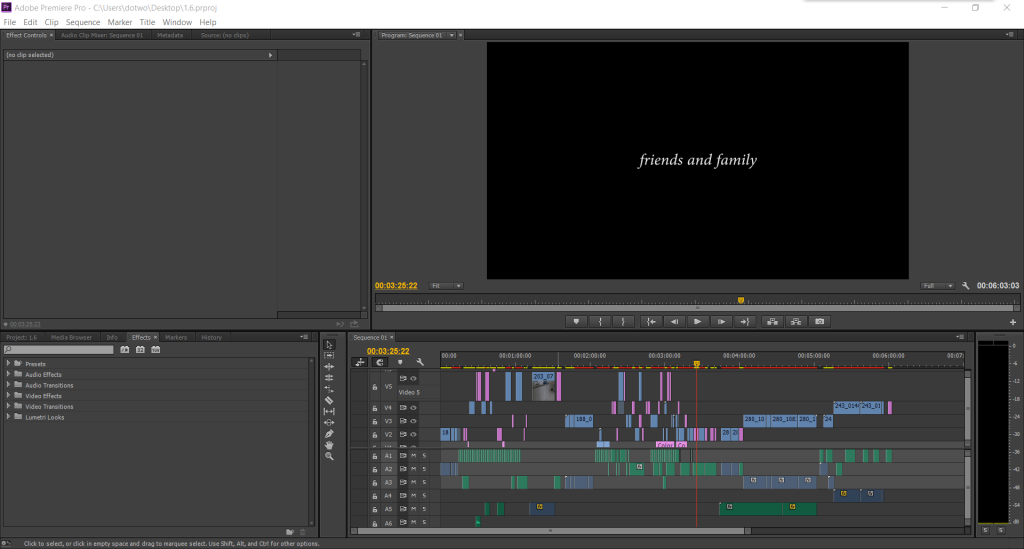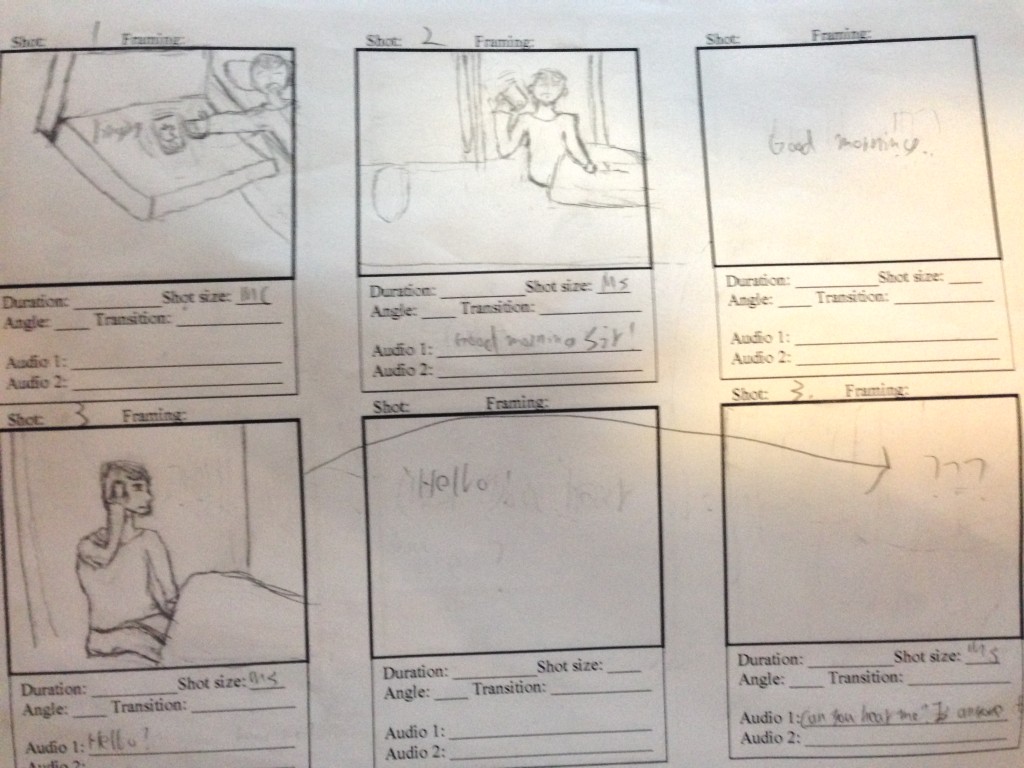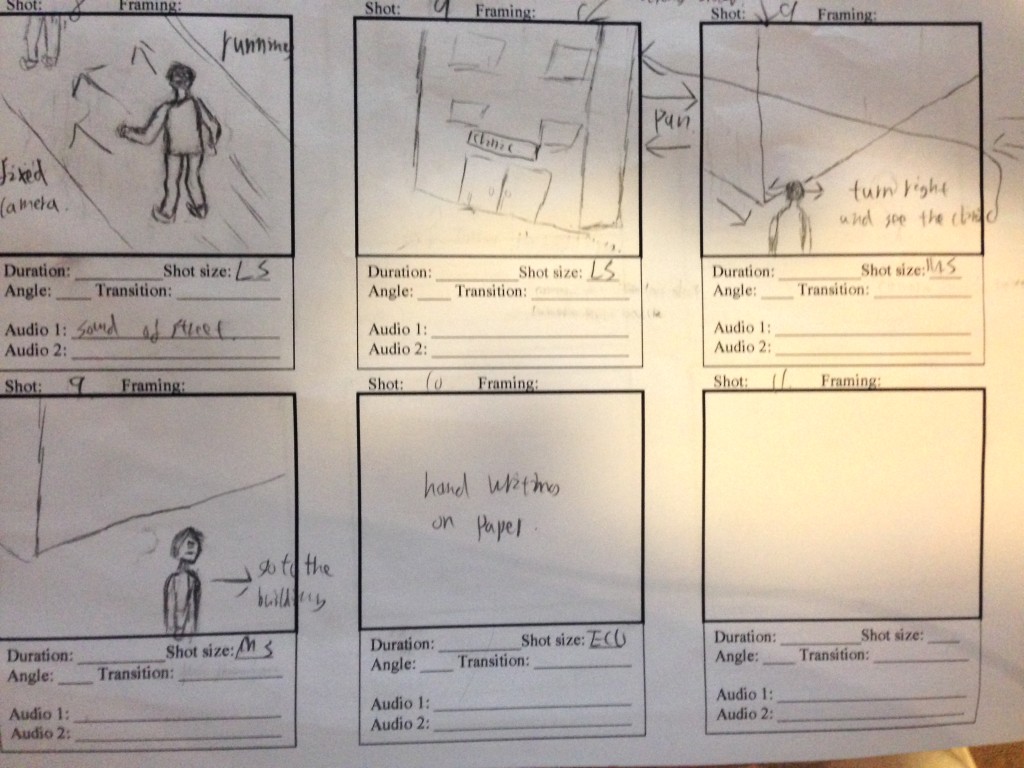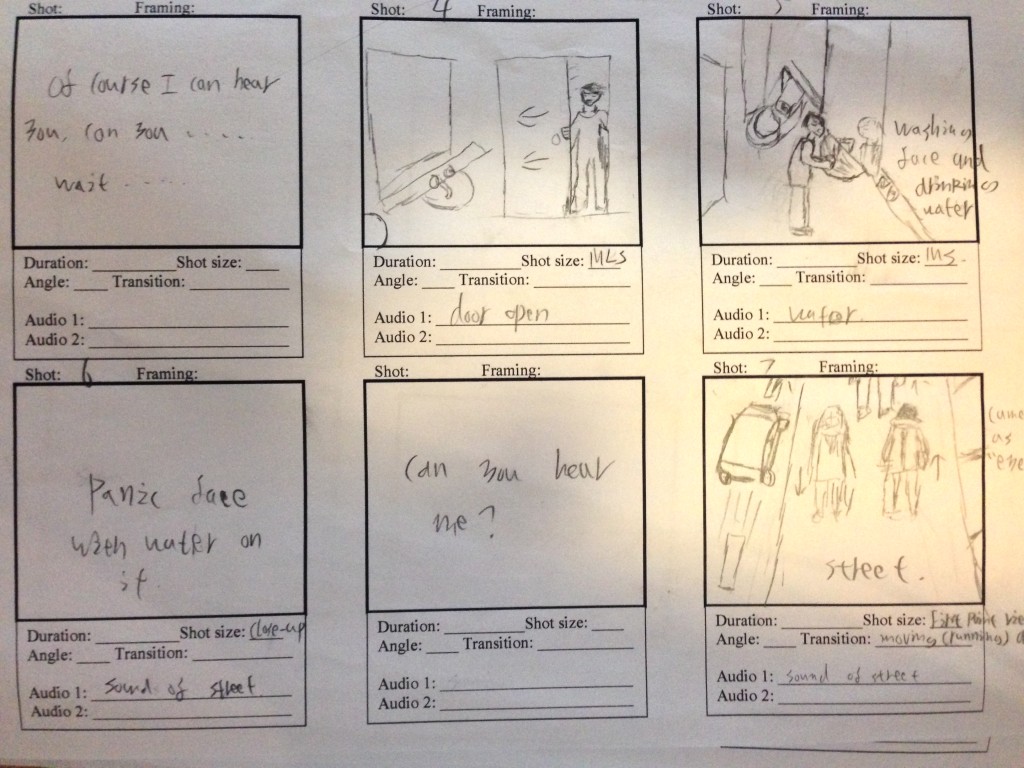Barraclough, E., 2016. The rise of China’s film industry. [Online]
Available at: http://www.wipo.int/wipo_magazine/en/2016/02/article_0004.html
This script from “Rising in the East” tries to explain the incredible growth of Chinese film market in recent years. The success of box office of Chinese film industry has already drawn lots of attentions from the others, even like Hollywood which has dominated the world film market for half a century but will face the fact that it is losing the position as the biggest film market in the world. This source, not just giving the numbers and data, but also trying to discover the details behind this growth. It indicates the existence Hengdian World Studios which is the largest film lot on the planet and its great contribution on the industry. It tells about the story of a one-time Chinese food deliveryman in New York, Dennis Wang, now the chairman of Huayi Bros which is one of the largest studios in the country. In the interview with Wang, he shows his very ambition of making English-language films to compete with Hollywood in next five years as a move of expanding the business. It also includes interviews with other popular figures in the industry like director Lu Chuan, who directed a very controversial film ‘City of Life and Death’ about the story of the capital Nanking after being occupied by Japanese Imperial Army during the WW2. In this short but interesting interview, issues like censorship, ideology and history which are all sensitive but inevitable for the industry are mentioned. In sum, the people being interviewed here are all significant contributors and participators of the Chinese film market. Studying their opinions with the data will be helpful.
Williams, Holly, 2016. Rising in the East. [Online]
Available at: http://www.cbsnews.com/news/60-minutes-china-film-industry-booming/
This article written by Emma Barraclough tries to give a full-scaled image of the booming film industry in China. She divides her main arguments into three ‘subplot’: Movie ticket sales surge, Government policy and Technological ecosystems. The first one is also about the success of box office, while what I find interesting is the second and third part. In the part of government policy, the author gives credits to the government for the efforts of intellectual property (IP) protection, which she thinks is significant for making China creative in terms of culture in order to compete with those developed countries. This is something I don’t usually see from the foreign comments on the government policy in China. There are many criticisms both inside and outside the country saying the censorship system of films and TVs restricts the creativity. However, it is worth discussing now that whether the government always plays a negative role on this. The third part introduce some new trends of watching films nowadays in China. The BAT (search engine Baidu, ecommerce business Alibaba and social media company Tencent.) tries to offer more choices for people to watch films: not only buy ticket for cinema, but also watch online through their platforms. This will certainly make the competition more intensive and various. Is this the future of film in China? A debate can be started for this.
Bibliography
Barraclough, E., 2016. The rise of China’s film industry. [Online]
Available at: http://www.wipo.int/wipo_magazine/en/2016/02/article_0004.html
[Accessed 1 August 2016].
Rosen, S., 2015. How Hollywood and the Chinese film industry are eyeing each other off. [Online]
Available at: http://www.smh.com.au/entertainment/how-hollywood-and-the-chinese-film-industry-are-eyeing-each-other-off-20150603-ghfly9.html
[Accessed 1 August 2016].
Sun, R., 2016. Hollywood and China: A Fad or Future of the Film Industry?. [Online]
Available at: http://www.hollywoodreporter.com/news/hollywood-china-a-fad-future-887134
[Accessed 1 August 2016].
Williams, Holly, 2016. Rising in the East. [Online]
Available at: http://www.cbsnews.com/news/60-minutes-china-film-industry-booming/
[Accessed 1 August 2016].









